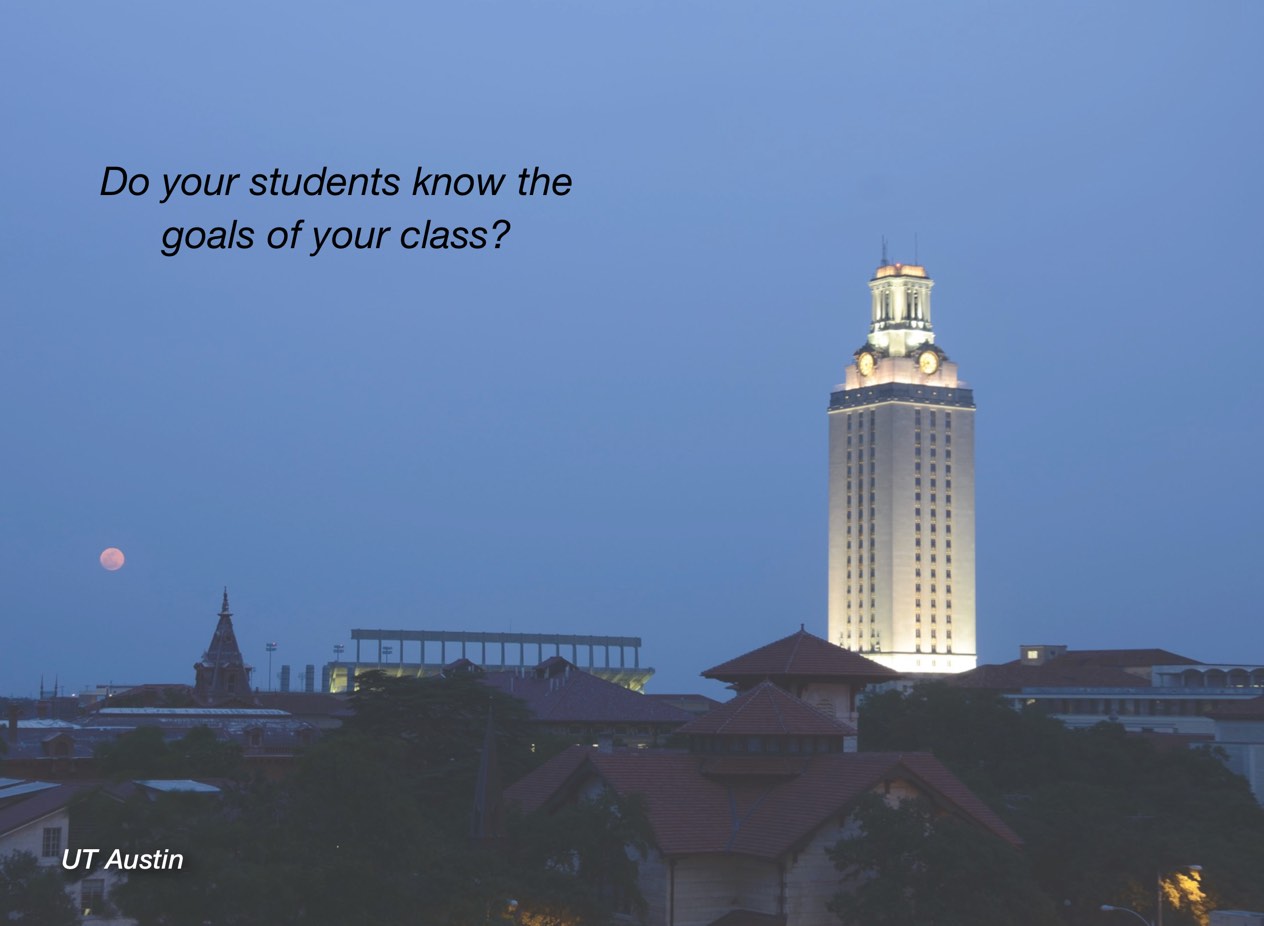15 Know What You’re Talking About (and Never Waste a Disaster)


Patrick Davis
There is an underlying assumption that if you are assigned to teach a course, you have mastery over the material. But after teaching for some time, we can look back and appreciate how much deeper and broader our understanding of the subject matter (and indeed, of the discipline) is compared to when we started as educators. The converse is that, early on in our teaching career, we may be less aware of our limitations, and therefore less cautious in extrapolating from what we think we know.
In my first year as an assistant professor, I was assigned to teach the theory and practice of using vaccines to prevent disease. The underlying principle of vaccination is fairly straightforward. By exposing the body to the pathogen (or a part of the pathogen, or something that looks like the pathogen), the body is fooled into believing that it has been infected. The result is an immune response to this “benign invasion,” but also (and more importantly) an immune surveillance that will jump into action if your body ever does see the real pathogen. With that understanding as a foundation, there’s lots to talk about: many diseases, many vaccines, side effects, who decides who gets vaccinations and how often, and so forth.
Classes were on Tuesdays and Thursdays, and this had happened on Thursday. That Thursday night it hit me that something about what I’d said just wasn’t right. So I looked it up. RhoGAM doesn’t work like a typical vaccine, and had I thought it through, I would have realized that. The one RhoGAM shot protects the mother and fetus for that one pregnancy, but everything starts over with the next pregnancy. I was wrong – dead wrong! And I had until class time the following Tuesday to anguish over my mistake and have my imagination run wild with worst-case scenarios. What if one of our pharmacy students gave birth that weekend and protested, “No, my professor said I don’t need RhoGAM again!”A pivotal point in my teaching career came about when I covered RhoGAM that first year. RhoGAM is administered during pregnancy and at birth if the mother is Rh-negative and the fetus is Rh-positive to prevent the Rh-factor hemolytic anemia that could otherwise occur in subsequent births. After I explained this practice in class, a student asked very logically (and here it comes), “If the mother was ‘vaccinated’ in this pregnancy, will she need to be ‘vaccinated’ in subsequent pregnancies?” Without really thinking, I gave the knee-jerk response, “Of course not! She’s already been ‘vaccinated!’”
Okay, that’s an overreaction and an over-the-top extrapolation to a very unlikely worst-case scenario. I could have easily minimized my torment by simply correcting my mistake on Tuesday and forgetting about it, but I’m also a firm believer in never wasting a disaster (and this was one). I’m actually glad that it had such a profound effect on me so early in my teaching career and for the lessons it taught me. Lesson #1 is to know the facts before you lecture, although that’s not enough. If I had taken the time to think through the question when it was asked, I am confident that, even in those early teaching days, I would have been able to reason through to the correct response (or at least to the reply, “I’ll get back with you on that.”). So, Lesson #2 is to be more deliberate in thinking through student questions and sharing that critical thinking process with the students.
We all make mistakes. I’ve made a number of other mistakes during my years of teaching. It’s what we do with those mistakes that determines whether they serve to help us grow personally and professionally. Lesson #3 is to never waste a disaster; it’s an opportunity for growth.


Chapter 15 Commentary: John Daly
“Patrick Davis sparked in my mind something I have often thought but never fully developed. We, as teachers, spend much of our time teaching what we (and our discipline) know. I wonder whether we spend too little time, especially with undergraduates, focusing on what we don’t know.
Let me frame this last statement by describing a career paradox many of us experience when it comes to research and teaching. Our research life emphasizes discovery – unearthing and creating knowledge. Our teaching life highlights what our discipline (and sometimes we) has discovered. My solution to this seeming paradox is believing that our best teachers passionately engage in scholarly pursuits. And, our best scholars understand that discovery demands an appreciation and understanding of what is known.
Perhaps, though, we as teachers focus too much on the known. Maybe we should spend more time in our undergraduate classes on the unknowns. And, even the unknown unknowns (hat tip to Donald Rumsfeld). Don’t laugh – the unknown unknowns are the future of every scholarly discipline.”

